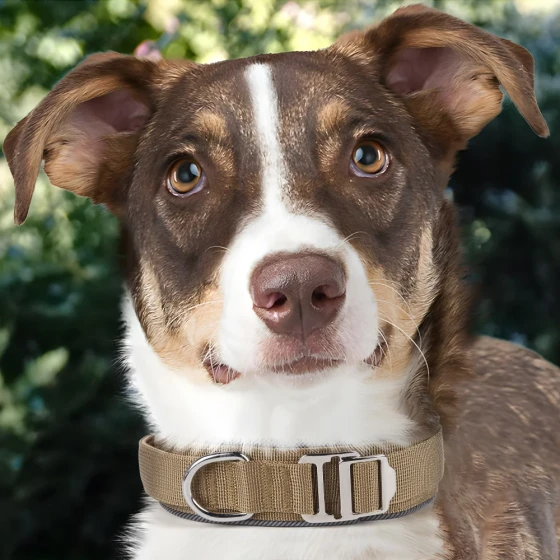Four Dog Training Precautions for the Whole Family to Follow Together

A dog's intelligence is innate, but as long as there is enough patience and the right methods, it is possible to train a well-disciplined dog. It can even be said that upbringing and training after birth are more important for a dog. However, if the dog is raised by the whole family, training is not just one person's responsibility, so some consensus must be reached in training to better train a obedient and cute dog.
1. The whole family should establish unified rules together. Regarding the standards for dogs to do "allowed" or "not allowed" actions, the whole family must reach a consensus. For example, whether the dog is allowed on the sofa or not. Depending on the different environments and situations of each family, a unified answer should be formed. If the rules are jointly established by the whole family, there will be no obstacles in execution, and the dog will be less likely to get confused.
2. Commands should be issued in the same language. In obedience training, commands are signals for the dog to obey. Therefore, the whole family should unify commands to achieve better effects. Commands should be short and clearly pronounced sentences that dogs can easily understand. Therefore, try to choose such sentences.
3. Establish rewards and punishments, avoid corporal punishment. Many people treat training as scolding; using scolding methods on children is difficult for them to accept, let alone dogs who don’t understand human language. Using only scolding methods for dog training is hard to be effective. Especially some male owners believe verbal discipline is not as effective as corporal punishment. So when the dog misbehaves, they kick or hit it. For dogs, this threatens their life safety and causes rebellious psychology. This results in losing the original training purpose. The best training for dogs should include not only punishment but also rewards to be effective.
4. When scolding the dog, do not call the dog's name. When the dog makes a mistake, don’t scold it along with its name, as it creates a conditioned reflex: as soon as the name is called, it means being punished. When the dog hears its name again, it may ignore or even run away. During training, calling the dog’s name should be limited to giving orders or praising the dog.
The above precautions must be noted when raising a dog with family members so that a well-behaved good dog can be trained. (Source: PetsZone)



